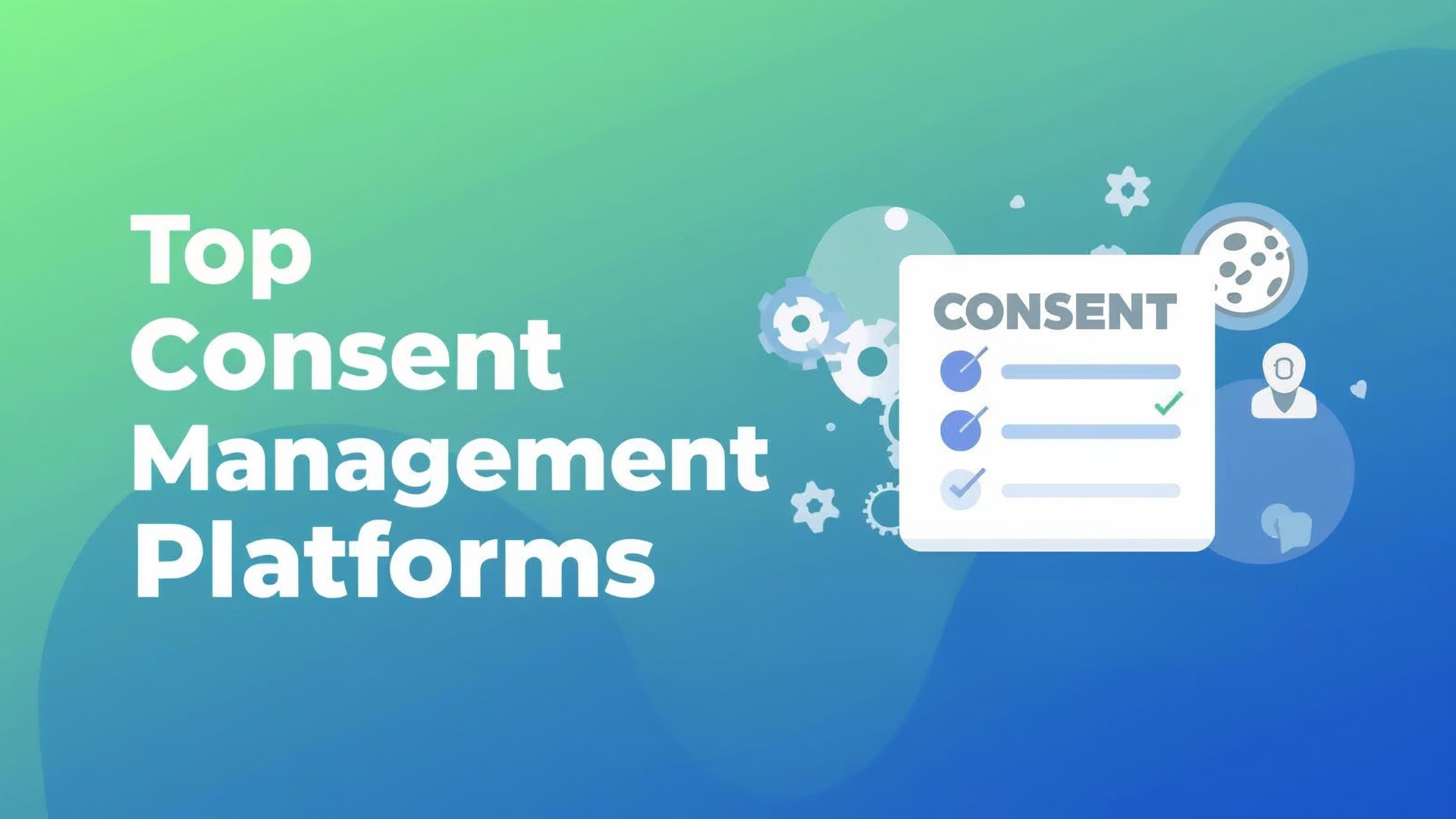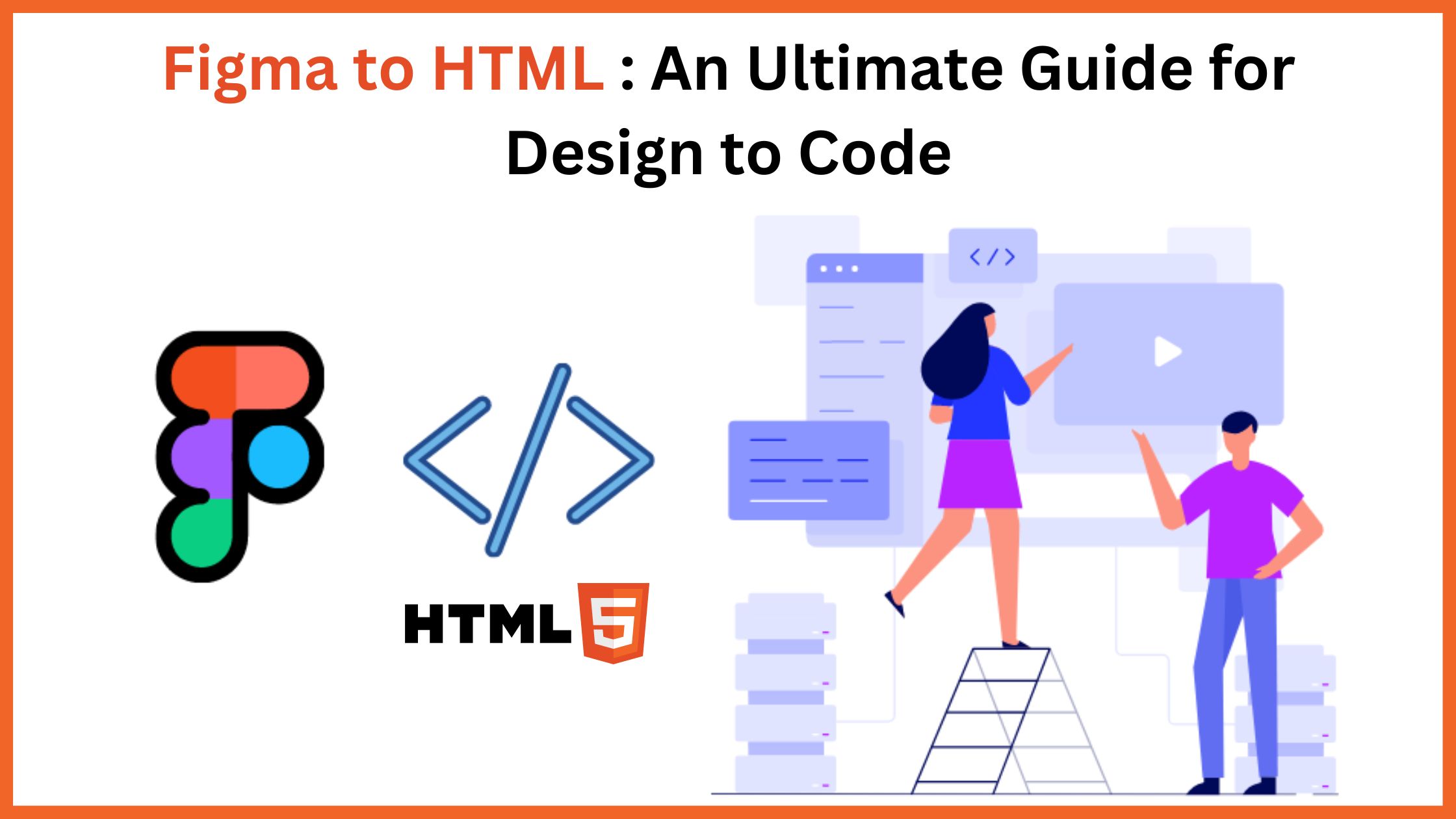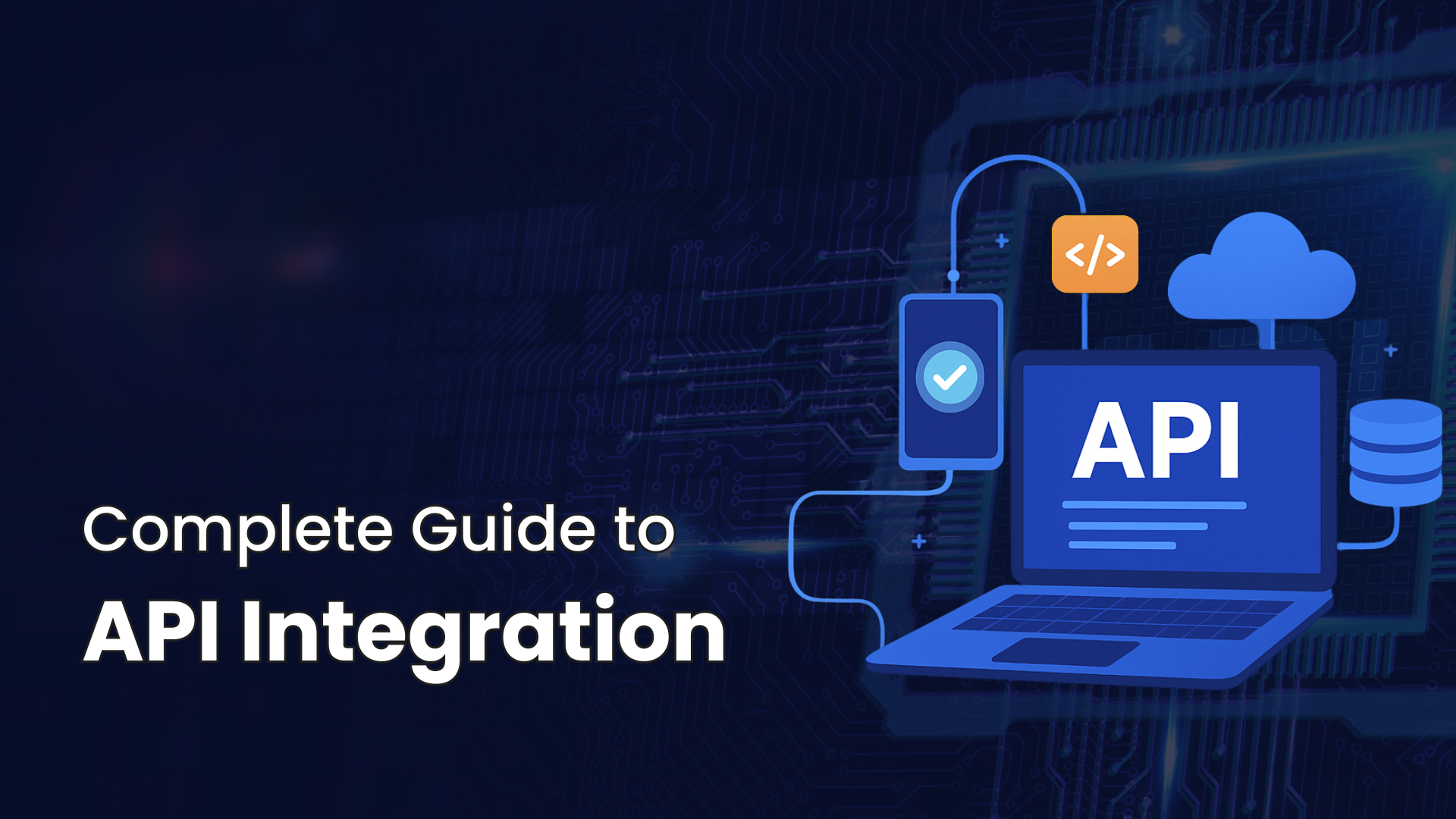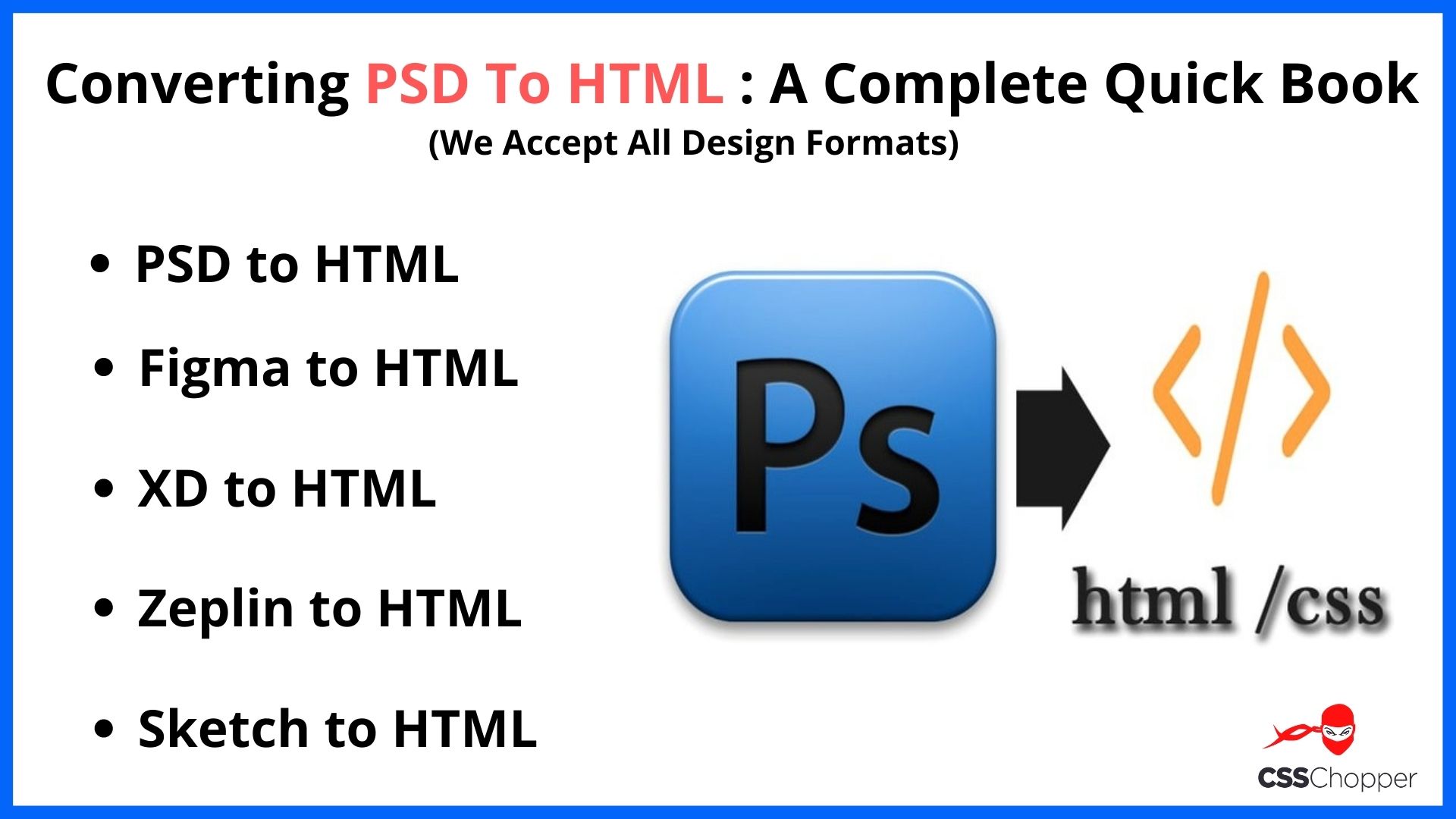- What is a Consent Management Platform?
- Why CMP Selection Matters for CMS Integration
- Top 10 Consent Management Platforms for CMS Integration
- Comparison Table of the Best CMP for CMS Integration
- How to Integrate a CMP Into a CMS (WordPress, Drupal, Shopify)
- How to Choose the Right Consent Management Software for Your CMS
- Conclusion
- How CSSChopper Delivers Seamless CMP for CMS Integration Solutions
Managing privacy compliance has become a core responsibility for every digital team. Whether you run a WordPress blog, a Drupal enterprise portal, a Shopify store, or a headless CMS setup, your website needs a reliable consent management platform (CMP) to stay compliant with GDPR, CCPA, LGPD, and other global data privacy laws. But choosing the right solution is not as simple as installing a cookie banner.
Modern CMPs influence everything from CMS performance and SEO to tag firing, analytics accuracy, personalization, and even revenue generation. In this guide, we break down the 10 best CMP for CMS integration, evaluate their features and compatibility, and help you decide which solution fits your digital ecosystem.
What is a Consent Management Platform?
A consent management platform (CMP) is more than a cookie banner. It’s a system that records, stores, and enforces user consent across web, mobile, and connected channels. A modern consent and preference management platform offers auto-scanning of cookies, IAB TCF compatibility for publishers, server-side consent options, and hooks for tag managers (GTM) to conditionally fire scripts.
Compare a simple cookie plugin with enterprise consent management solutions, and the differences are apparent:
- Managing consent states
- Enabling opt-in/opt-out flows
- Generating compliance logs
- Updating policies automatically
- Syncing with analytics and tag managers
For CMS teams, a good CMP integration means easier deployment (via plugin or theme script), automatic cookie categorization, and minimal impact on Core Web Vitals, which are essential for SEO-sensitive projects.
Why CMP Selection Matters for CMS Integration
Many teams underestimate the benefits of CMP integration. A CMS platform can improve overall website performance. It can influence:
Page Speed and Core Web Vitals
Poorly implemented cookie banners cause layout shifts, heavy scripts, or render-blocking tags, especially on CMS-driven websites.
SEO Performance
If scripts like Google Analytics or marketing tags load incorrectly before user consent, search engines may see them as intrusive.
Tag Firing and Personalization
Consent states must sync with Google Tag Manager, Meta Pixel, HubSpot, or server-side tag management systems.
CMS Scalability
Multi-language, multi-domain, and multi-region websites require a CMP that supports automated script categorization and global policy updates to scale easily.
For enterprises using WordPress, Drupal, Joomla, Magento, Shopify, or headless CMS platforms, the scalable CMP ensures compliance without compromising user experience or marketing performance.
Top 10 Consent Management Platforms for CMS Integration
Below is a curated list of the best CMPs with CMS-friendly integration, robust compliance features, and enterprise-grade automation.
1. OneTrust
OneTrust is one of the most widely adopted enterprise consent management platforms worldwide. It provides deep CMS integrations, advanced scanning, and enterprise privacy governance tools.
Key features:
- Auto-blocking for cookies and third-party scripts
- Full GDPR and CCPA compliance
- IAB TCF v2.2 support
- Multi-domain and multi-region management
- CMS integrations for WordPress, Drupal, Sitecore, and HubSpot
Best for: Large enterprises, publishers, global brands.
2. Cookiebot by Usercentrics
Cookiebot is known for its auto-scanning capabilities, accurate cookie categorization, and easy CMP for WordPress setup.
Key features:
Automatic monthly cookie scanning
Plug-ins for WordPress, Drupal, Joomla, Shopify
Supports Google Consent Mode v2
Multi-language banners
Strong SEO-friendly performance metrics
Best for: SMBs and mid-size companies wanting easy, plug-and-play integration.
3. Civic Cookie Control
Civic Cookie Control is a developer-friendly cookie banner for CMS with a clean UI and flexible customization options.
Key features:
- CMS-friendly consent management tools
- Lightweight scripts for better page speed
- GDPR, ePrivacy compliance
- Plugins/modules for WordPress, Drupal, Joomla
- Multi-language support
Best for: Teams needing more control over banner design and custom consent logic.
4. CookieYes
CookieYes is one of the best cookie consent plugins for CMS, especially for WordPress and Shopify. Millions trust it for its simplicity.
Key features:
WordPress plugin with 1M+ active installs
GDPR, CCPA, and LGPD compliance
Automatic cookie scanner
Easy integration with Google Tag Manager
Intuitive preference center
Best for: Small to mid-size businesses, content creators, and marketing websites.
5. TrustArc
TrustArc offers a comprehensive GDPR CMP for websites and a privacy management suite. Regulated industries often choose it.
Key features:
- Enterprise-grade governance tools
- IAB TCF certification
- CMS integrations through scripts and APIs
- Deep risk and compliance dashboards
- Cross-border data flow controls
Best for: Highly regulated sectors like healthcare, finance, and government.
6. Iubenda
Lubenda combines cookie consent management for CMS with auto-generated privacy and cookie policies.
Key features:
- Flexible legal policy generation
- GDPR, CCPA, and global compliance support
- Easy integration for WordPress, Shopify, and Joomla
- Lightweight consent banner and modal
- Automatic policy updates
Best for: Businesses that want both CMP + legal documentation in one place.
7. Quantcast Choice
Quantcast Choice remains the go-to CMP that supports IAB TCF for publishers and advanced advertising consent workflows.
Key features:
- IAB TCF v2.2 compliant
- Built for ad-driven websites and media networks
- Optimized for high traffic
- Integrations for AMP and mobile apps
- Advanced consent reporting
Best for: Publishers, advertising networks, media companies.
8. Termly
Termly offers a budget-friendly and the best lightweight CMP for site speed with platform-agnostic capabilities.
Key features:
- Affordable plans
- Cookie banner, preference center, legal policies
- WordPress and Shopify integrations
- Auto-scanning and script blocking
- GDPR + CCPA ready
Best for: Startups and small websites seeking compliance without high costs.
9. Didomi
Didomi stands out for its advanced consent and preference management, and for its ability to manage web, mobile, and connected devices.
Key features:
- Web + in-app CMP
- API-based integrations for headless CMS
- IAB TCF support
- Multi-region configurations
- Real-time consent analytics
Best for: Companies with omnichannel experiences or apps.
10. Piwik PRO CMP
Piwik PRO gives analytics and consent management under one privacy-friendly umbrella.
Key features:
- CMP + Analytics Suite
- GDPR-compliant analytics
- Integrates with WordPress, Drupal, and enterprise CMS
- Supports server-side tagging
- Customizable consent forms
Best for: Privacy-first organizations that prefer on-premise or cloud-hosted analytics.
Comparison Table of the Best CMP for CMS Integration
This comparison table highlights key factors that matter when selecting a CMP for CMS Integration. Let’s have a look:
| CMP | IAB TCF | Auto-Blocking | GTM Integration | Free Plan |
| OneTrust | Yes | Yes | Yes | No |
| Cookiebot | Optional / vendor-dependent | Yes | Yes | Yes |
| Civic | No (varies) | Yes | Yes | Yes |
| CookieYes | IAB template on Pro/Ultimate | Yes | Yes | Yes |
| TrustArc | Yes | Yes | Yes | No |
| Iubenda | No (but broad compliance) | Yes | Yes | Yes |
| Quantcast Choice | Yes | Yes | Yes | Yes |
| Termly | No | Yes | Yes | Yes |
| Didomi | Yes | Yes | Yes | No |
| Piwik PRO | Yes | Yes | Yes | Yes |
How to Integrate a CMP Into a CMS (WordPress, Drupal, Shopify)
Integrating a CMP is typically straightforward, but each technical implementation of a CMS website requires a slightly different approach. Let’s see the steps below:
WordPress CMP Integration
WordPress gives you the easiest CMP installation path, thanks to plugin-based setups.
Steps:
- Install your CMP plugin (CookieYes, Cookiebot, Iubenda, etc.)
- Configure auto-scanning for cookies
- Enable “prior consent” before loading scripts
- Connect with Google Tag Manager for controlled tag firing
- Customize banner design and languages
Drupal / Joomla Integration
Drupal and Joomla require module-based or manual script insertion.
Steps:
- Install the CMP module
- Map cookie categories
- Insert the CMP script snippet in the theme header
- Test auto-blocking
- Configure multi-language banners
This setup works for OneTrust, Civic, Cookiebot, and Iubenda.
Shopify / Magento Integration (Script-based)
Ecommerce CMSs like Shopify and Magento usually rely on theme-level script injection.
Steps:
- Add CMP script via theme editor
- Ensure asynchronous loading for better page speed
- Map consent states to analytics/marketing tags
- Validate cookie auto-blocking
- Enable multi-region configurations if you ship globally
How to Choose the Right Consent Management Software for Your CMS
Choosing the perfect CMS depends on your website’s complexity, compliance requirements, and scaling needs. Use this decision process to pick the best CMP for CMS integration.
Step 1: Evaluate Integration Complexity
- WordPress users may prefer plugin-based CMPs like CookieYes or Iubenda.
- Enterprise CMSs (Sitecore, Drupal, Adobe) work best with OneTrust, Didomi, or TrustArc.
- Headless CMS teams should ensure the CMP offers APIs.
Step 2: Check Compliance Coverage
Look for CMPs offering support for:
- GDPR
- CCPA / CPRA
- LGPD
- ePrivacyIAB TCF v2.2
This is crucial for publishers and advertising-driven websites.
Step 3: Assess Scalability & Multi-Domain Support
Large organizations should ensure:
- Multi-region consent management
- Multi-language support
- Multi-domain scalability
- Role-based workflows
Step 4: Review Performance Impact
Choose a CMP that provides:
- Lightweight scripts
- Server-side consent options
- Async loading
- No CLS shifts
- Optimized banner rendering
Conclusion
Choosing the best CMP for CMS integration is about more than just cookie banners. A strong CMP protects your website from compliance risks, improves user trust, preserves SEO rankings, and ensures your marketing tools operate within global privacy laws.
Whether you’re a startup using WordPress, an enterprise on Drupal, or a publisher relying on IAB TCF workflows, the CMPs listed above offer strong integrations and scalable solutions. Evaluate each platform based on performance, compliance scope, and CMS compatibility, and then pick the one that best supports your digital ecosystem.
How CSSChopper Delivers Seamless CMP for CMS Integration Solutions
CSSChopper offers effortless CMP for CMS integration by combining deep technical expertise with a compliance-first development approach. Our team ensures each CMS platform, whether WordPress, Drupal, Shopify, or a custom setup, integrates a CMP that aligns with GDPR, CCPA, and global privacy standards.
We handle end-to-end implementation, including cookie scanning, auto-blocking configuration, preference center setup, and GTM alignment. With a strong focus on performance, accessibility, and UX, CSSChopper builds CMP solutions that enhance compliance without slowing down your website or disrupting user journeys.
Tags
Categories
Recent Posts
Popular Posts
- How to Choose a Reliable Offshore Development Partner?
- Transforming Web Development with HTMX’s Declarative Approach for Dynamic UIs
- Why Your Conversion Funnel Needs a Composable Commerce Solution?
- How to Outsource Web Development in 2025: Complete Guide
- What are the Top Web Development Trends for 2025?




